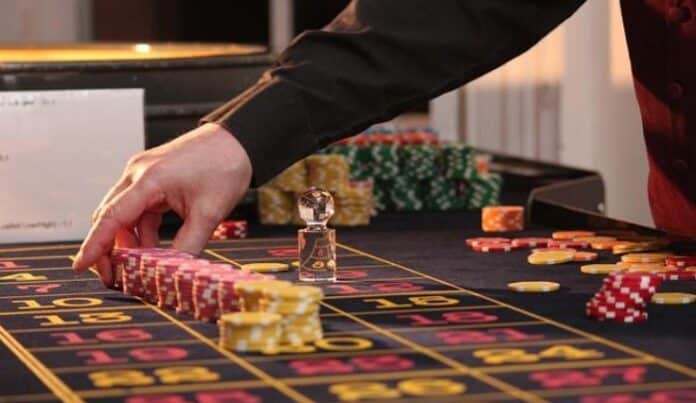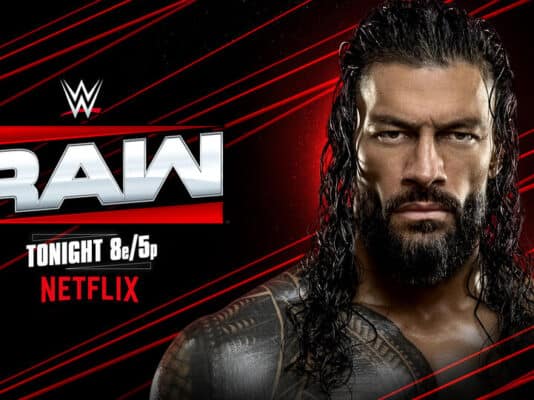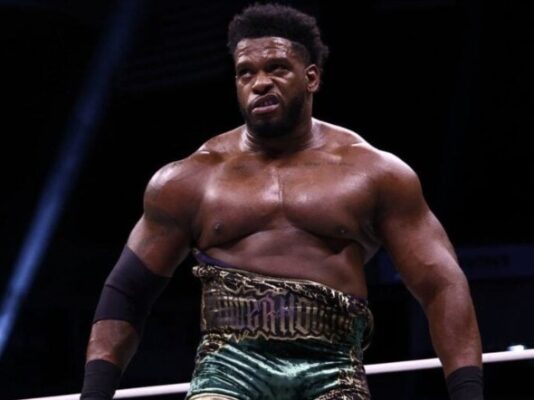
People betting—on a wrestling outcome or a game of blackjack—tend to search for a slight edge wherever they can. It’s a mix, really: new fans sometimes go in on gut feeling, but others, maybe the ones who’ve been around the block a bit, lean into different methods that could, at least in theory, nudge the odds their way. These days, there’s just so much data floating around.
Tools for analysis, instant news, all that… it has made betting markets feel a bit more unpredictable; information zips through online threads and group chats before you know it. And then, as strategies shift or catch on, wrestling feds or casinos—for better or worse—end up changing their own approaches in response. It’s not like this cycle ever really settles. While the house constantly recalibrates risk to protect itself, individual bettors try their best to find a gap and squeeze a small victory out of it.
Shifts in odds driven by strategy
Sometimes, it takes almost nothing—just a cluster of well-timed bets or a rumor breaking loose—to flip live betting lines on their head. Take what was noticed by the Nevada Gaming Commission back in March 2023: there were a few suspiciously sharp, sudden moves in wrestling market odds, and not long after, key details about storylines landed in the public. Feels a little too connected, perhaps. Wrestling being scripted, well, it can create opportunities.
Insiders with a whiff of the finish may push big money on the dark horse, which, not surprisingly, puts the bookmakers in a tricky spot. When £20,000 showed up out of nowhere for an underdog in London before a major wrestling event, odds didn’t just shift—they tumbled, halved, basically. Casino settings, particularly online casino environments, also react to public trends.
But it isn’t just wrestling. In blackjack, suddenly folks might get creative—adopt a counting system together—and next thing you know, tables switch up the rules or shuffle every hand. Bookmakers sometimes pull the plug on certain markets if activity looks too coordinated, or just cap bets. The whole pattern is basically a cat-and-mouse game, and betting techniques end up reshaping the market’s very defenses, for better or worse.
How strategy guides decision making
If you watch closely, experienced bettors rarely let instinct lead them off a cliff. Actually, quite a few lean on concepts like setting aside a fixed amount per bet, or maybe cutting their losses before things spiral. There was something in the American Gaming Association’s 2022 study—if that kind of thing matters to you—claiming that over half the regulars in casinos tried to manage their stash, with nearly half testing out more structured systems (Martingale, Paroli, and the like).
As for wrestling fans, some seem to go deeper: they analyze booking patterns, scrape clues from wrestler interviews, scroll through last-minute leaks—that sort of thing. The speed at which online groups pull together and share info now, it’s almost dizzying, and it can even spill over to influence how bookmakers set their lines, sometimes within hours.
Meanwhile, in live casinos, if too many players start mirroring one clever move, new surveillance programs or software may kick in and force managers to shift strategies midstream. Players tweak their tactics, the house tweaks its rules, and then—well, the process repeats. Nobody gets to coast.
Casino game design and adaptation
Casino managers are leaning harder into behavioral monitoring, especially when big crowds start using the same betting tactics. If too many players find an edge, tables may quietly adjust—minimums go up, side bets lose their shine, or payout odds shift mid-game.
Regulators have noticed more frequent tweaks in classics like baccarat, roulette, and blackjack, with reshuffles and multi-deck spreads becoming the norm. Online, algorithms handle the job, ensuring payout rates stay aligned with house targets. It isn’t always about fairness—more about patching up vulnerabilities before they spread. By reshaping rules just enough to disrupt coordinated play, casinos keep control, though some say the experience feels over-managed.
Wrestling betting and rule enforcement
Now, things in wrestling betting get peculiar, sometimes even tense. With story outcomes scripted ahead of time, it’s maybe not shocking that wagering caps are common, and spikes in odd movements can trigger immediate review. Back in September 2022, for example, a North American wrestling event saw such odd flurries of action that regulators stepped in.
What followed? Betting limits got slashed to a tenth of what they were, and withdrawals were suddenly locked behind a waiting period. All of this was, if I remember, part of a larger push to keep betting scandals from tainting the whole scene—something the International Betting Integrity Association kept warning about.
Wrestlers and staff usually sign non-disclosure agreements, sometimes with life-changing fines, but, let’s be honest, leaks still happen once in a while. It’s not uncommon for rumors or storyline tips to nudge the odds, and while tech and flexible policies do help the bookmakers respond, there’s a sense that the problem never quite disappears for good.
Responsible gambling remains essential
No matter which angle you take—strategy, research, luck—risk has a way of sticking around. The built-in house edge in casino games and the twists in wrestling outcomes both make it almost impossible to find a foolproof approach. According to GambleAware, more than a quarter of people using strategies in 2023 ended up staking more than they’d planned after losing. Adopting a plan can help, but it won’t shield you from the worst of it.
Keeping play manageable tends to hinge on sticking to limits, checking in with yourself, maybe remembering that chasing fun is safer than chasing paydays. Those tools—deposit ceilings, cooldowns, links to outside help—are there for a reason. At the end of the day, if there’s a lesson in all this, it’s probably that careful and mindful betting makes for a far less rocky ride, even if it’s never a guarantee.












